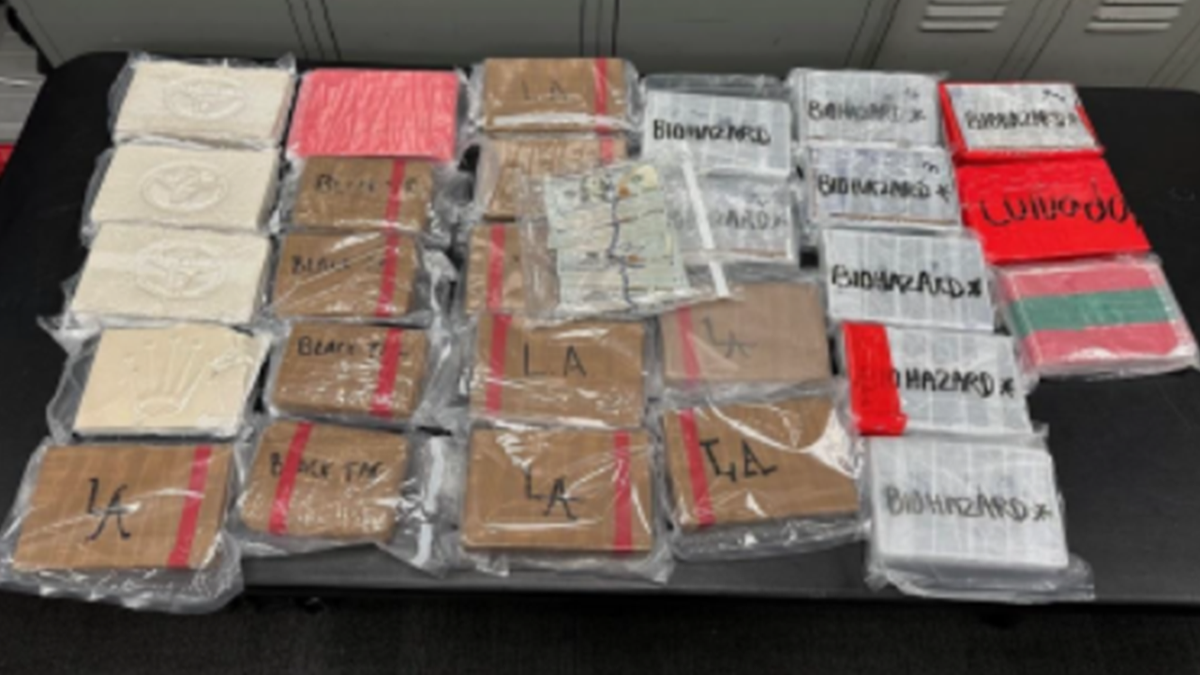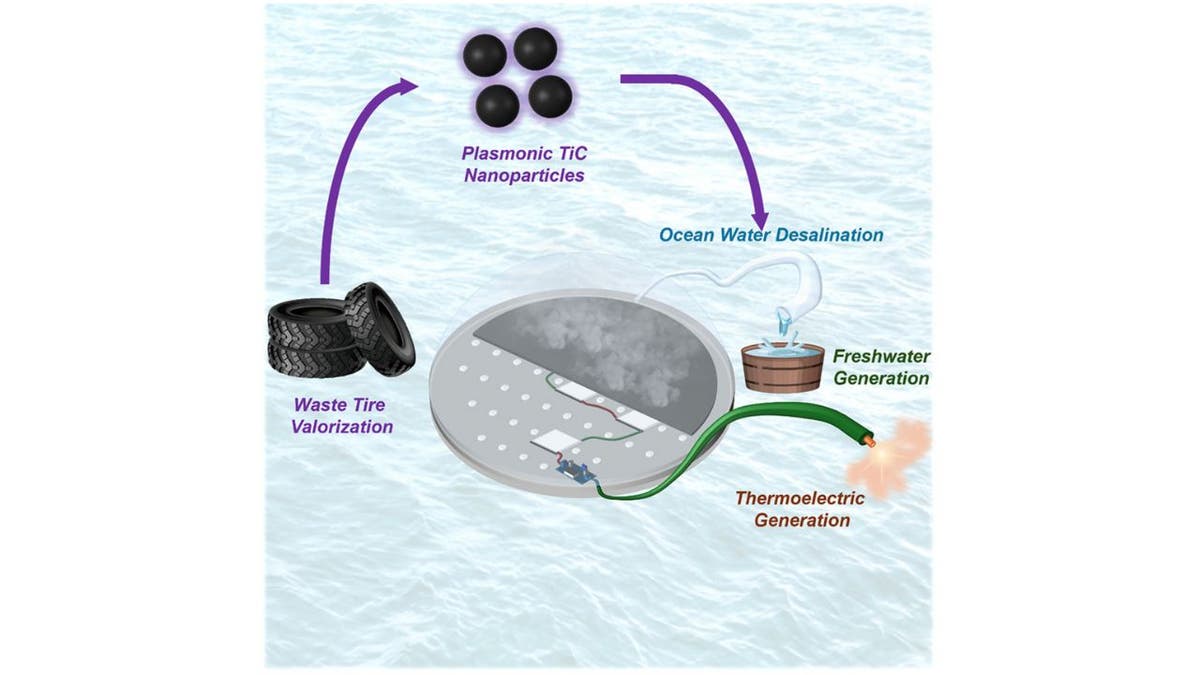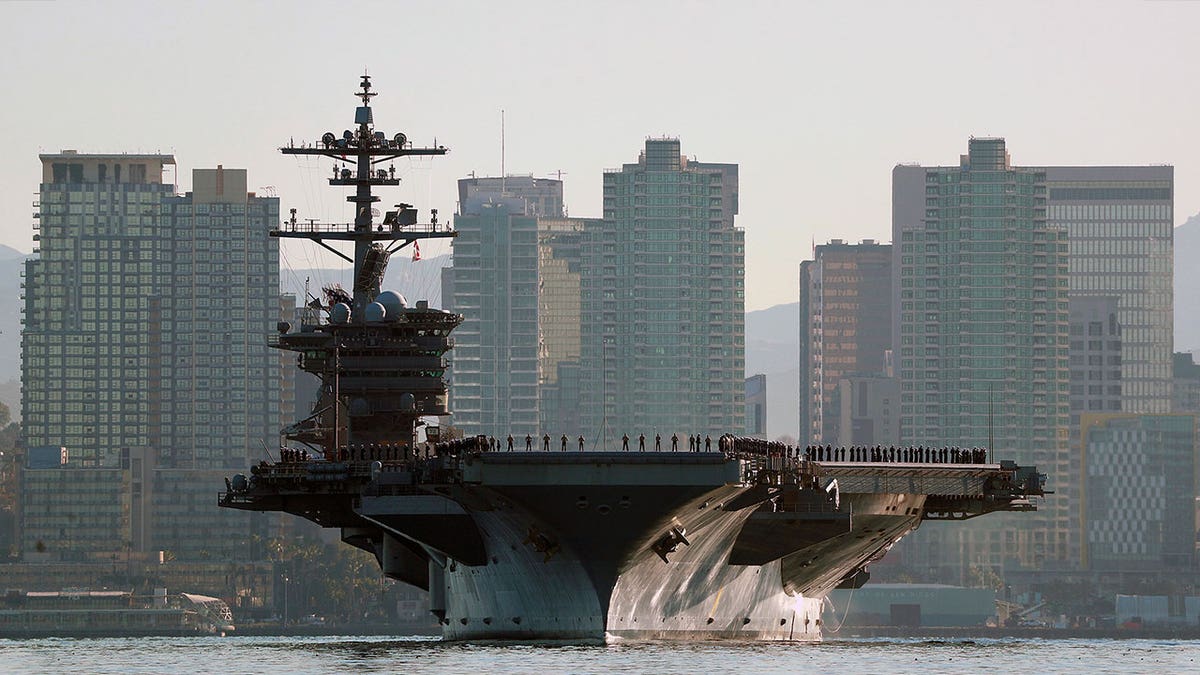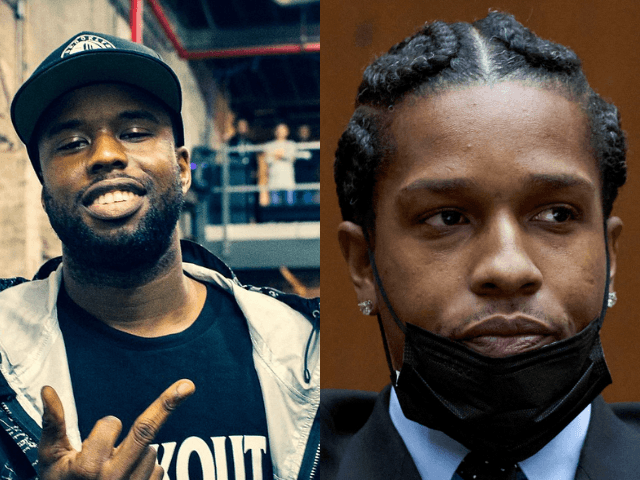Former President Donald Trump's intentions regarding the Gaza Strip have drawn considerable attention and sparked debate. During discussions aboard Air Force One, Trump reiterated his commitment to the United States acquiring Gaza, while also suggesting the possibility of involving Middle Eastern nations in the reconstruction of areas devastated by the Israel-Hamas conflict. He emphasized the complete demolition of the existing structures and the intention to prevent Hamas from re-establishing a presence.
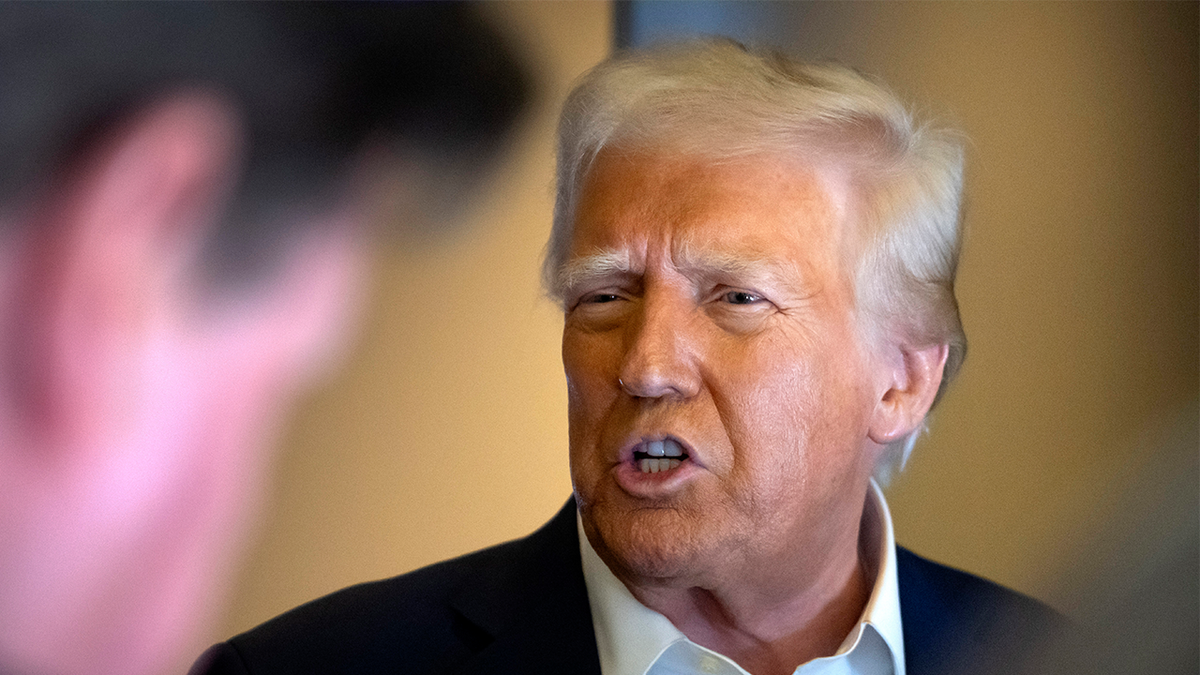
Trump also touched upon the potential for accepting some Palestinian refugees into the U.S., indicating a case-by-case approach. This follows earlier statements where he proposed a U.S. takeover of Gaza, involving the dismantling of weaponry, leveling the site, and fostering economic development to create jobs and housing. This plan has been met with criticism from several nations.
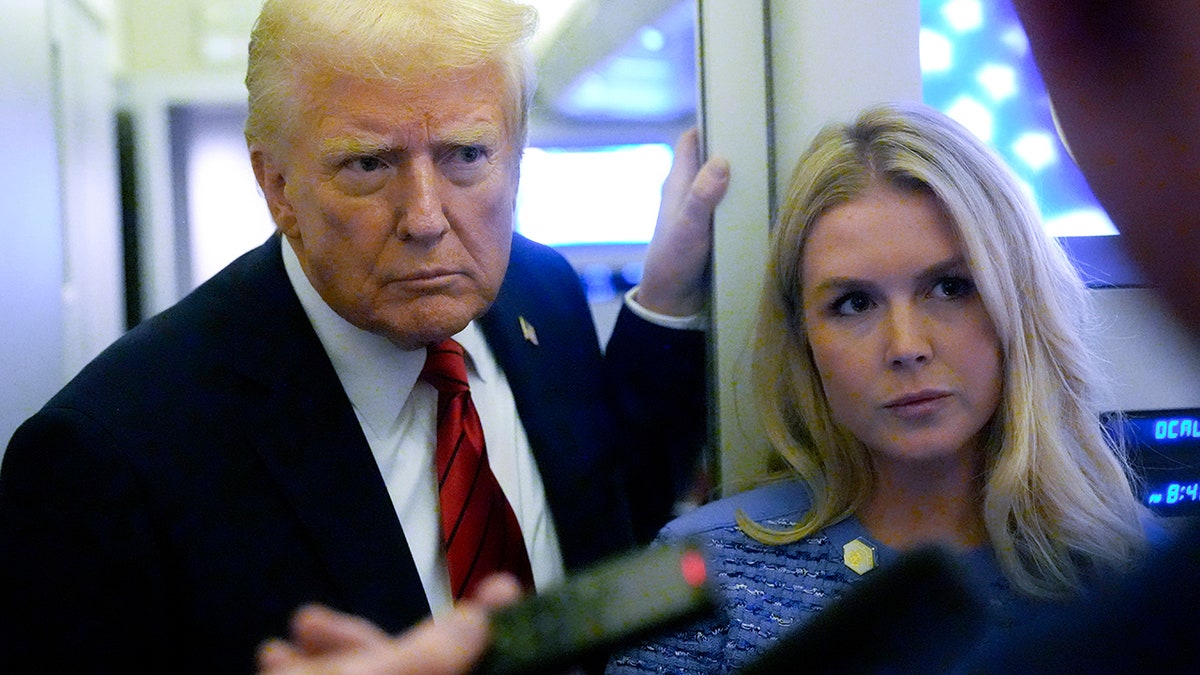
Trump has further called on neighboring countries like Jordan and Egypt to absorb more Palestinian refugees, envisioning a significant population shift. These proposals have raised concerns about potential displacement and evoked comparisons to the 1948 Palestinian exodus. Israeli President Isaac Herzog highlighted the importance of consultations with key Arab leaders, including Jordan's King Abdullah II, Egyptian President Abdel Fattah el-Sisi, and potentially Saudi Arabia's Crown Prince Mohammed bin Salman, to address the complex situation and ensure sustainable solutions.
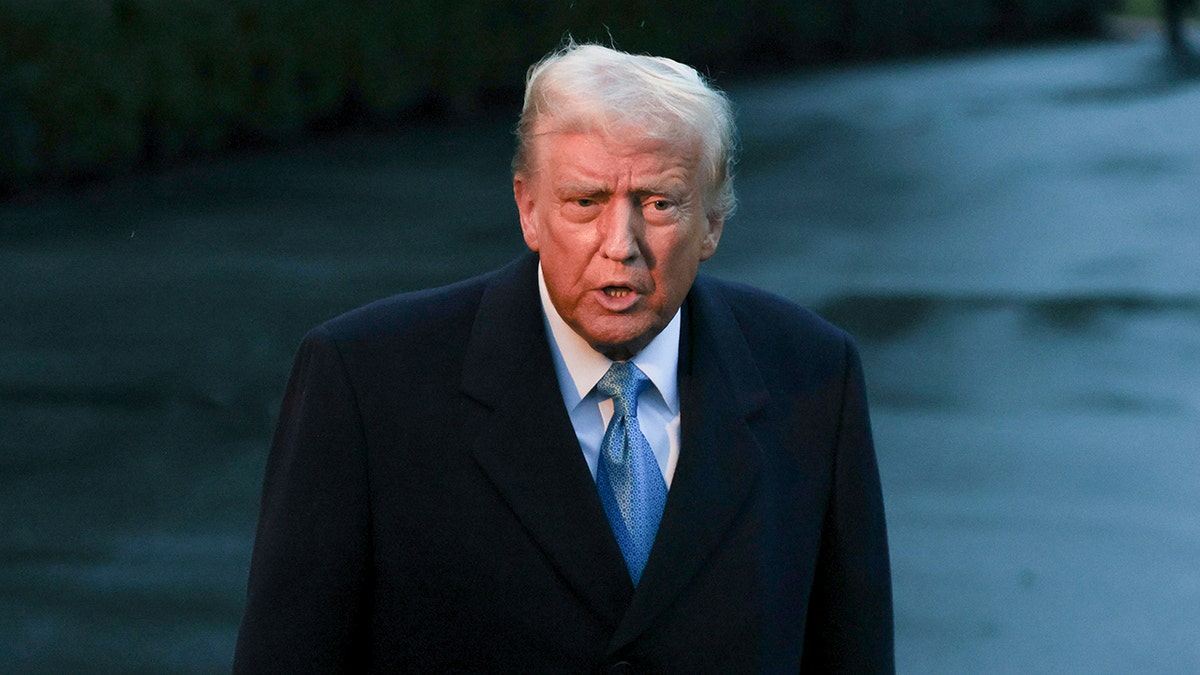
Saudi Arabia is among the countries opposing Trump's Gaza plan. King Abdullah II of Jordan is expected to convey his concerns to Trump directly, emphasizing the potential for increased radicalism and regional instability, jeopardizing the existing peace treaty with Israel.

